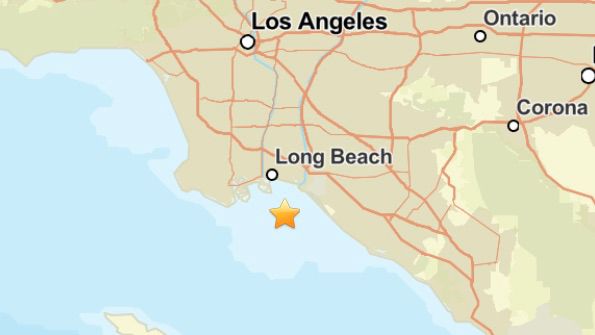SACRAMENTO, Calif. — As a response to President Donald Trump being back in office, state lawmakers are advancing a set of proposals that Democrats believe will prepare California to take on the federal administration in court.
This week, California lawmakers are expected to approve a set of bills that are part of Gov. Gavin Newsom’s special session, which he called after the election as part of an effort to “Trump-proof” California.
The legislation will provide the California Department of Justice with an additional $25 million for the expected legal battles against the Trump administration. The other measure would set aside another $25 million to defend immigrants against any potential deportation or detention.
Assembly member Jesse Gabriel, D-Encino, notes the funds will be used if the president’s policies violate constitutional rights.
“The hope is that we don’t have to spend any of it. We’re hopeful that the administration is not going to violate the law, that they’re not going to violate the constitution, and that they’re not going to do anything like withhold wildfire funding from California. If that’s the case, then we don’t have to go to court,” said Gabriel.
The other $25 million that Democrats are expected to pass will go toward funding legal services for undocumented immigrants who are at risk of deportation because of the president’s policies.
According to the California Budget and Policy Center, undocumented Californians contribute $8.5 billion in taxes each year.
“It seems to me like it makes sense for us to invest $25 million, which is by the way is .03% of the amount of money that undocumented Californians pay into the state,” said Assembly member Mia Bonta.
Gabriel clarified at a hearing on Monday that the funds would be used for civil matters and not to protect undocumented immigrants with a criminal record.
At that same hearing, Republican Assemblyman Bill Essayli expressed concerns about the timing of the special session bills.
“Just on Friday, Gavin Newsom was on the tarmac greeting the president and wanting to have a good relationship with him so he can get aid to California and the California fire victims…and here we are now funding a litigation account so they can sue the president. The messaging just doesn’t make sense,” Essayli noted.
Other Republicans echoed Essayli’s concerns and said there were other higher priorities in California than suing the Trump administration.
During Trump’s first term, California sued the administration 123 times. According to Newsom’s Office, the state won two-thirds of the lawsuits.
Back then, the state did not have a special session to authorize the funds for the California Department of Justice.
The McGeorge School of Law professor Chris Micheli explains special sessions help bring attention to a particular issue
“There are two important issues here — the first is funding litigation against the federal government and the other, which they did last week, is addressing wildfire recovery,” said Micheli.
Last week, Gov. Newsom signed a $2.5 billion wildfire relief package that was also part of the special session.
Micheli said another reason a special session may be called is to help speed up the process to get legislation passed.
However, because the ‘Trump-proofing’ bills are considered budget bills, Micheli notes they go into effect immediately, with or without a special session.
“For those procedural reasons, a special session isn’t necessary, but it is serving the first purpose which is drawing particular attention and focus of the legislature to these two topics,” adds Micheli.
While Democrats believe the bills are needed to protect California against some of Trump’s anticipated policies, Republicans insist the state should focus on working with the president instead of setting aside funds for potential lawsuits.
The State Senate already approved the special session bills last week. The next step is for the Assembly to vote on the proposals on Thursday.
If no changes are made after the vote, the bills will head to the governor’s desk by the end of the week.













